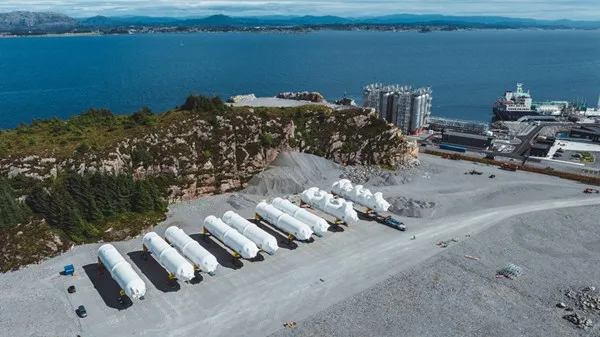The Northern Lights consortium, a joint venture of energy leaders Equinor, Shell, and TotalEnergies, has successfully completed the first-ever commercial injection of carbon dioxide () into the seabed of the North Sea. This project marks a significant milestone in global efforts to combat climate change by capturing and permanently storing emissions that would otherwise be released into the atmosphere.
The process is designed to be a comprehensive and efficient solution. After being captured at industrial sites across Europe, the is liquefied and transported by ship to the project’s terminal in Øygarden, Norway. From there, it is transferred to large tanks before being injected via a 68-mile pipeline to a depth of approximately 1.6 miles beneath the seabed for long-term storage.
Carbon Capture and Storage (CCS) technology has been identified by organizations like the United Nations’ IPCC and the International Energy Agency (IEA) as a crucial tool for decarbonizing “hard-to-abate” sectors such as cement and steel. The initial injection into the Northern Lights’ geological reservoir was sourced from a Heidelberg Materials cement plant in Brevik, Norway.
While CCS offers a path to emission reduction, it is a complex, controversial, and expensive technology. Without significant financial support, many industries find it more economical to purchase carbon permits on the European market rather than investing in the infrastructure required to capture and store their emissions.
Source: African Publicity








